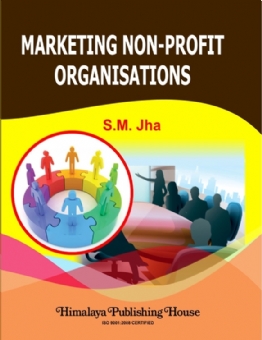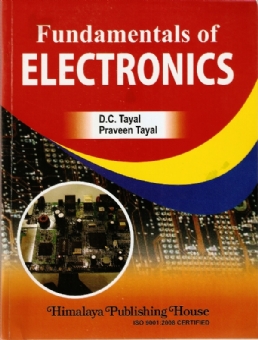Since the mid-1990s, India has allowed “automatic” FDI approval in many sectors, gradually expanding the list over time. Where applicable, foreign investors do not need government licenses or approvals and simply notify the Reserve Bank of India (RBI) of their investments. Other sectors require approval by either the Foreign Investment Promotion Board (FIPB) or the Cabinet Committee on Foreign Investment. Presently, foreign direct investment is freely allowed in all sectors including the services sector, except a few sectors where the existing and notified sectoral policy does not permit FDI beyond a ceiling.
Keeping in view the pivotal role played by FDI inflows, the Government of India opened the Indian economy for foreign players in 1991 when the economic reforms process was initiated. The last many years have seen a marked increase in foreign capital inflows into India both in foreign direct investment and portfolio investment form.
This book covers the role of FDI in Indian economy. The need of foreign capital for developing economy has been critically evaluated in this book.
Contents :
1. Introduction
2. Review of Literature
3. Research Methodology and Hypothesis
4. Foreign Capital and Developing Economy
5. Overview of FDI in India
6. Role of FDI in India
7. Findings, Conclusion and Suggestions
8. Bibliography







